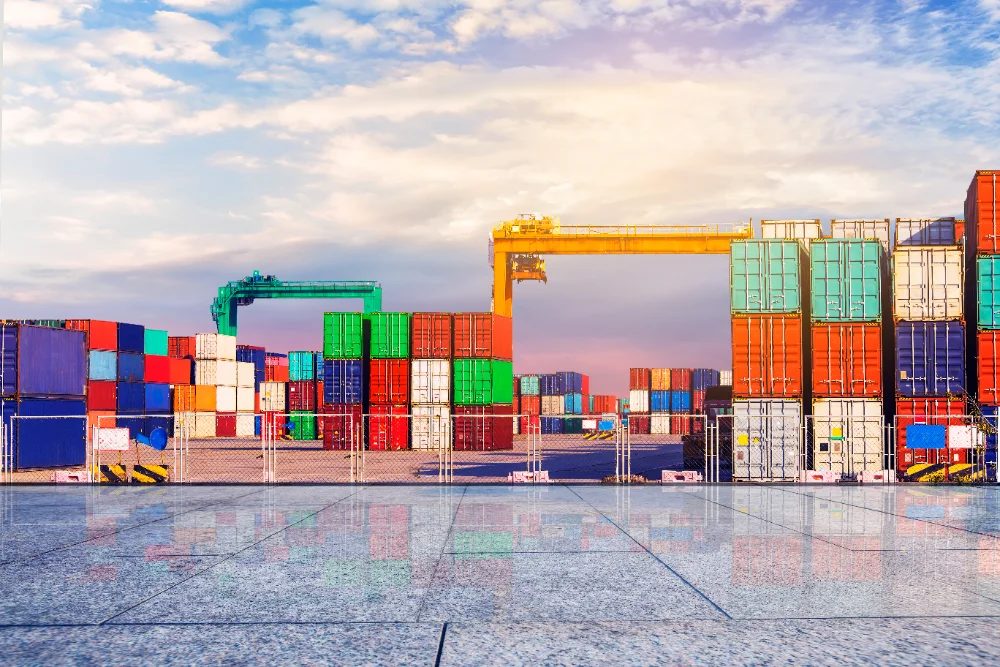How do Bulk cargo transportation services adapt to Different Loading and Unloading Requirements?
Bulk cargo transportation services play a vital role in the global movement of raw materials, including grains, coal, ores, and chemicals. These services must accommodate a wide range of product types, each with unique physical characteristics and handling needs. Consequently, the logistics behind loading and unloading become increasingly complex and specialised, demanding tailored strategies to ensure efficiency and safety.
Equipment Customisation Based on Cargo Type
Different bulk cargo types require specific handling solutions to prevent spoilage or loss. For example, grains require moisture-proof hatches and gentle loading systems to maintain their quality and integrity. On the other hand, iron ore demands high-capacity conveyor systems and durable containers to withstand its abrasive nature. Bulk cargo transportation services tailor equipment configurations to meet these individual requirements.
Furthermore, operators use material-specific loading sequences to balance loads and minimise stress on vessel structures. These techniques not only protect the cargo but also reduce the risk of damage to ships and infrastructure. Adaptability in equipment design helps maintain consistency and quality across different cargo categories.
Loading Techniques to Maximise Throughput
Efficient loading is essential for minimising turnaround times and reducing labour costs. Bulk cargo transportation services employ a variety of techniques to increase throughput while preserving safety. Gravity-fed systems, mechanical arms, and automated loaders are commonly used to accelerate the process without compromising product integrity.
Moreover, digital monitoring tools help coordinate loading rates with vessel stability requirements. Sensors and software platforms track weight distribution in real-time, allowing operators to make quick adjustments. These solutions not only speed up loading but also enhance the precision and reliability of the process.
Unloading Solutions for Complex Port Conditions
Unloading operations must also be adaptable to a range of port conditions. Some terminals have limited space or restrictive regulations, requiring compact or specialised machinery. Bulk cargo transportation services often utilise mobile discharge systems or floating cranes to manage these limitations effectively.
Additionally, many services incorporate dust control and spill prevention measures into their unloading systems. This is crucial for handling hazardous or fine-grained materials, such as cement or sulfur. Environmental protection remains a key concern, and tailored unloading strategies ensure compliance with safety and ecological standards.
Advanced Scheduling and Route Planning
Logistics planning plays a crucial role in adapting to loading and unloading challenges. Bulk cargo transportation service uses advanced software to schedule shipments, optimise routes, and predict potential delays. These tools factor in variables such as cargo type, port capacity, and vessel characteristics to streamline operations.
By anticipating challenges before arrival, operators can allocate the right resources and personnel in advance. This proactive approach minimises port congestion, reduces waiting times, and improves overall service reliability. Route planning also takes into account environmental factors, ensuring that the safest and most fuel-efficient paths are selected.
Integrating Technology for Operational Efficiency
Technology is a cornerstone of modern bulk cargo transportation services. From automation to real-time tracking, digital tools enhance every stage of cargo handling. IoT devices monitor container conditions, while AI-driven analytics help forecast demand and optimise equipment usage.
Additionally, digital twin models simulate loading and unloading operations before execution, identifying potential issues and improving planning accuracy. This integration of technology not only boosts productivity but also enhances decision-making and accountability across the supply chain.
Training and Workforce Specialisation
Human expertise remains indispensable in handling bulk cargo. Services invest in continuous training for operators to ensure they are familiar with the latest machinery and safety protocols. Specialised roles, such as crane operators or material handlers, are developed to handle specific types of cargo effectively.
Furthermore, cross-training enhances flexibility in workforce deployment. Skilled personnel can be assigned to various tasks depending on the cargo’s needs or the port’s conditions. This adaptability ensures that operations remain efficient and responsive under changing circumstances.
Environmental and Regulatory Compliance
Regulatory standards play a significant role in shaping loading and unloading practices. Bulk cargo transportation services must comply with international regulations, such as MARPOL and SOLAS, as well as national environmental laws and regulations. These standards outline the procedures for handling, storing, and transporting materials.
To meet these requirements, services implement strict inspection routines and documentation processes. They also invest in eco-friendly equipment and technologies that reduce emissions. Adhering to regulations not only ensures legal compliance but also builds trust with stakeholders and promotes long-term sustainability.
The Evolving Adaptability of Bulk Cargo Transportation Services
Bulk Cargo Transportation Services has developed a highly adaptable framework to cope with diverse loading and unloading needs. By investing in specialised equipment and technology and complying with strict regulations, bulk shipping services have consistently maintained efficiency and safety throughout every stage of the supply chain. At the same time, bulk shipping services can customise solutions based on cargo type, environmental factors, and port conditions to ensure reliable and cost-effective transportation.


